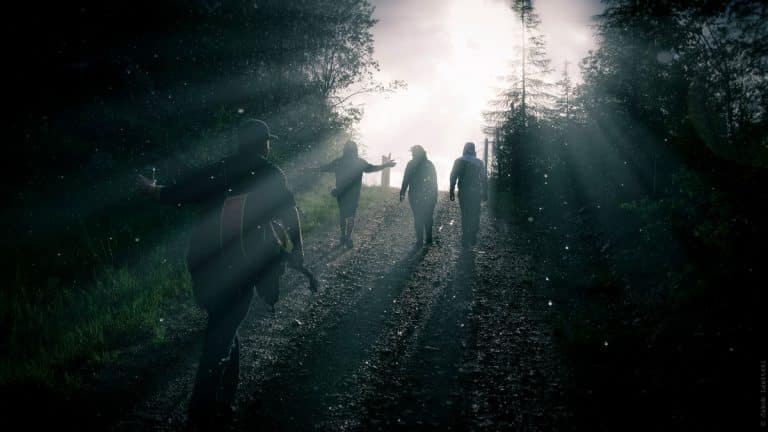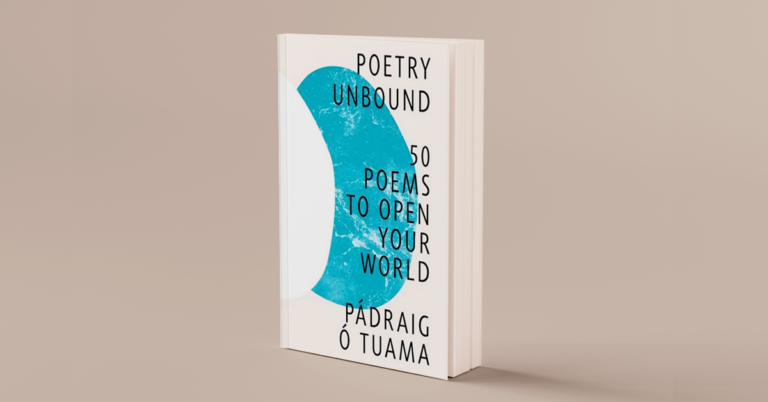
Image by Jakob Lawitzki/Flickr, Some Rights Reserved.
Bringing Christmas Back Down to Earth
For a lot of folks I know who celebrate Christmas — not the store-bought version, but the holy day itself — this year is proving to be a challenge. How do we celebrate the Good News at a time when the news is so relentlessly bad, celebrate the light at a time of deepening darkness?
A friend of mine thinks he’s found the upside. He says that Christmas, 2016 can give us a taste of what the first Christmas was like, when King Herod the Great [sic] hovered in the background, commanding what legend calls “The Massacre of the Innocents.” That may not qualify as encouragement to you, but it’s a bracing point.
The discouraged people I’m talking about, including me, aren’t Christian naïfs shocked by the fact that bad news keeps dragging us down at “this festive time of year.” They are folks who’ve long been involved in trying to shed light in the darkness — people working for racial justice and against all forms of violence, for the wellbeing of children and against the ruination of the earth, for civil dialogue and against xenophobia. This ain’t their first rodeo. And it ain’t the first time they’ve seen the darkness they’re resisting emanate directly from Washington, D.C.
But in a way I haven’t felt since the late 1960s and Vietnam, they and I are feeling like strangers in a strange land. Their question, my question, is simple: how do we celebrate Christmas at a time when it’s hard to believe that its core message of love and peace is anything more than pious prattling that will not reach or touch the Powers that Be — and may in fact provide cover for their growing compendium of crimes against decency, sanity, and humanity? After all, many of them claim to be acting under God’s guidance, though some of us believe they’re listening to the Other Guy.
My friend and colleague Carrie Newcomer — singer, songwriter, and poet — has a line that’s helping some of us find our way through these dark days:
“The things that have saved us are still here to save us.”
I love that line because it invites me to look back on times when I’ve needed to be saved from despair — and recall what it was that helped me find a way forward.
Turns out that the list of things that have helped me is simple, down-to-earth, and well within my reach. As Wendell Berry says in his poem “The Wild Geese,” “what we need is here.” For me, this includes:
- Trusted friends with whom I can explore my feelings, no matter how dark.
- Getting out into nature and being reminded by the life around me that this, too, is part of our world right now.
- Sitting in silence for significant periods of time, allowing the roiled waters within me to settle and clarify.
- Listening to good music, from classical to folk.
- Doing my best to tell and face the truth, the truth about myself and the world around me.
A few weeks ago, I came across a mix of music and truth that helped me find an approach to this Christmas that gives me a way forward — not only toward Christmas but toward the political and social tasks to which I feel called. The song is titled “Where Did Jesus Go?,” written by a singer-songwriter named Sara Thomsen whose work I deeply admire.
Here are a few verses:
Tell me where, where did Jesus go?
That brown-skinned man walkin’ the road to Jericho
Tell me where, where did Jesus go?
He’s up and been deported to Mexico, alleluTell me where, where is Jesus now?
That Middle-Eastern man who could feed a hungry crowd
Tell me where, where is Jesus now?
He’s on a list of terrorists and they tossed him out of town, alleluTell me where, oh if you know, do tell
That wise guy wasting time with the woman at the well
Tell me where, oh if you know, do tell
They say he’s queer and outta here and going straight to hell, allelu
If you wonder how verses like that could lift me up, I have a couple answers. One is that they speak truthfully of the fact that Jesus — who was brown, Middle Eastern, hung out with “disreputable types,” and was given a name most often found in Mexico these days — would not be well-accepted in an America shaped by some of the forces that drove the recent general election.
If I’m going to celebrate Christmas with a good conscience, I have to embrace the reality that the person whose birth Christians celebrate on December 25 would not be able to get into this country to attend his own birthday party. And if he did get in, there are many Americans who would not welcome him. These are hard truths, but as the birthday boy himself said, “Ye shall know the truth and the truth shall make you free.”
My second answer to where I find the “lift” in this song is in its chorus:
Allelu! What you gonna do?
Allelu! I’m gonna stand by you
Love is all you got. Love is all you do
It’s bigger than me, and it’s bigger than you, allelu!
I believe in the power of love, even against great odds. But with Sara Thomsen, I also believe that love without truth — the chorus without the verses — is no love at all, just a pious, powerless self-deception.
Jesus said, “…whatever you did for one of the least of these brothers and sisters of mine, you did for me.” “The least” in the U.S.A. these days surely includes many people who share Jesus’s “person of interest” traits. My Christmas this year includes taking first steps toward volunteering with a local organization whose mission is to welcome, encourage, and materially support Syrian refugees, accompanying them as they experience being strangers in a strange land.
I wish a lot of churches would sing “Where Did Jesus Go?” during their Christmas services this year, proclaiming that Jesus calls us to “stand by” all the people in this country who now feel at risk in the place they want to call home. But since most Christmas services are already planned, here’s another possibility.
In many churches, “Oh Little Town of Bethlehem” will be sung. How about singing the first verse, then pausing to reflect on its last two lines — and on what may be the most pressing questions of our day:
O little town of Bethlehem
How still we see thee lie
Above thy deep and dreamless sleep
The silent stars go by
Yet in thy dark streets shineth
The everlasting Light
The hopes and fears of all the years
Are met in thee tonight
That meeting is now taking place in the streets of every town in this nation — the meeting between hope and fear. Which one will prevail? Our collective fate depends on how we answer that question in the years ahead.
May this Christmas be a day when we Christians resolve to “be not afraid” as we stand by those who have been marginalized and even brutalized. That would be a Christmas worth celebrating and a birthday party worth attending — one where I hope Jesus himself would feel welcome and at home.


Share your reflection